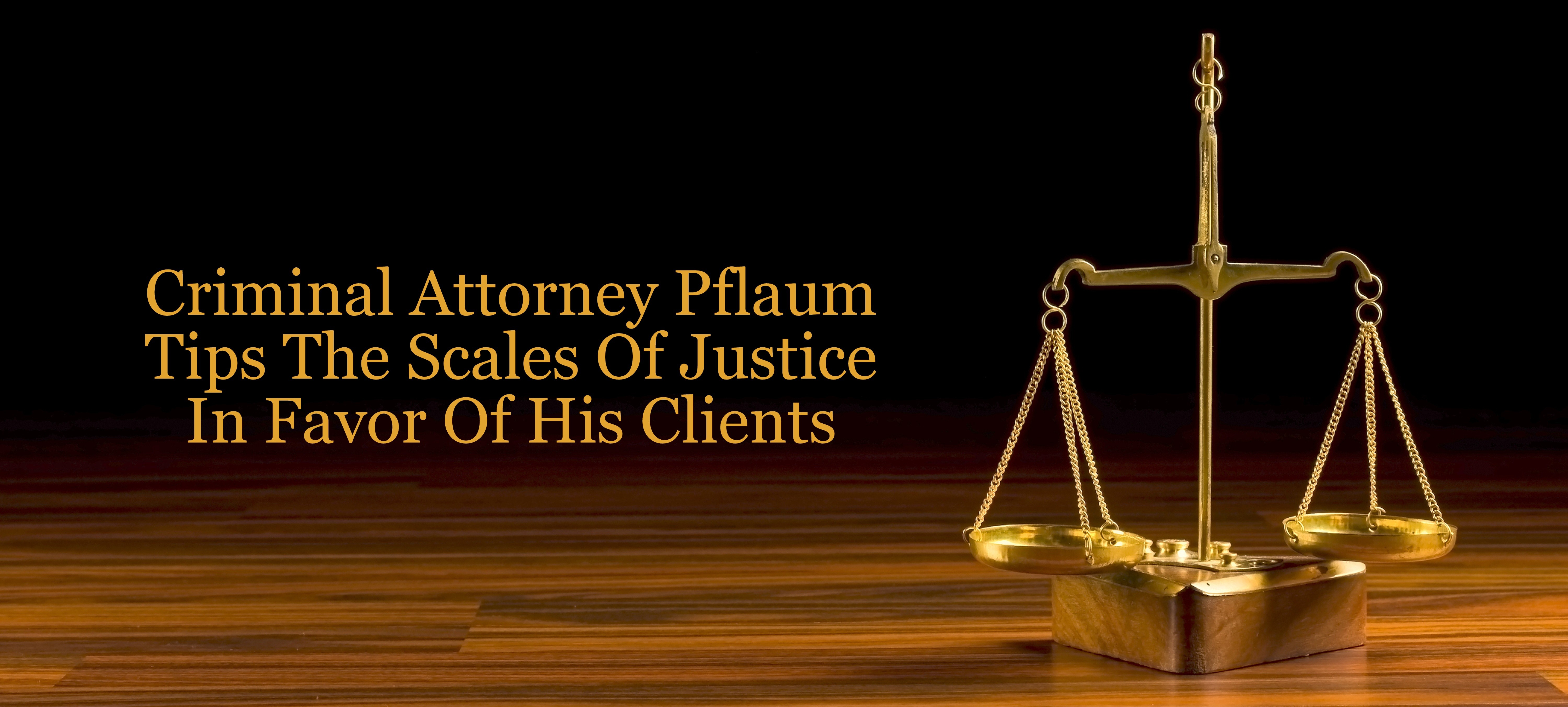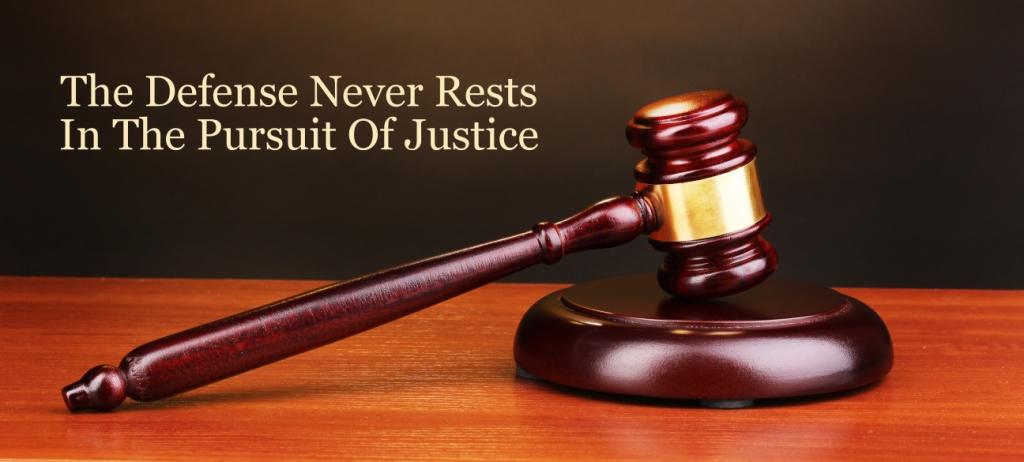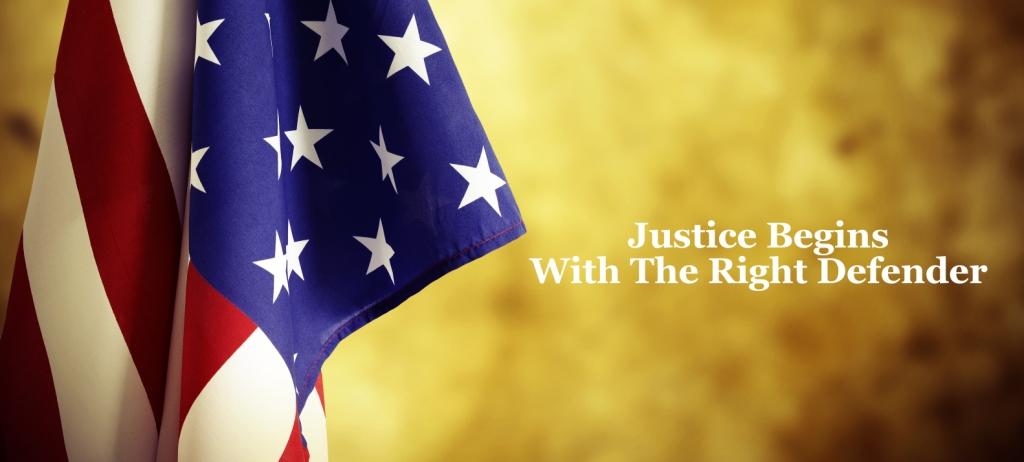Criminal defense lawyer David Pflaum has 30 years of legal experience involving thousands of criminal cases.
He relies on his expertise to make a difference for his clients and get the best possible plea bargains for them.
For more information click on proven results.
WHAT ARE PLEA BARGAINS IN CRIMINAL CASES
Criminal Charges. The plea bargain is an agreement between the criminal defense lawyer, his client, the prosecutor, and the judge that may dismiss or reduce the original criminal charges.
Punishment. The plea bargain usually includes an agreement about the terms of the punishment such as no prison time, reduced prison or jail time, alternatives to serving time in jail, community service, and reduced fines.
Other Terms. There are usually many other terms and conditions that may be the subject of a plea bargain that include educational programs, public work service, rehabilitation, community service, sex offender registration, payment of restitution (damages), counseling, and voluntary service.
Keeping a clients record clean is also an important part of a good plea bargain.
HOW TO GET
THE BEST POSSIBLE PLEA BARGAINS IN CRIMINAL CASES
Defense Strengths. Good plea bargains come about because attorney Pflaum knows his client well, investigates the case, carefully reviews the police reports, the medical records, fingerprints, videos, photographs, tape recordings, 911 calls, forensic evidence, witness interviews, and everything else associated with the case to develop the strengths of a case.
Prosecution Weaknesses. By the same process attorney Pflaum develops weaknesses in the prosecutor’s case such as inconsistencies in witness statements, problems with the arrest or the investigation, discrepancies in the conduct of the investigating officers, missing or inconclusive evidence, and problems in the forensic evidence.
Effective Presentation. He then makes a persuasive presentation to the judge and prosecutor about the strengths of his client’s case, and weaknesses of the prosecution’s case, to achieve an excellent plea bargain offer for his client.

MISDEMEANOR PLEA BARGAINS IN CRIMINAL CASES
Arraignment. A plea bargain may occur sometimes at the first court date called the arraignment for a client charged with a misdemeanor if the defense attorney is well prepared and has developed strong reasons and supporting documentation to work out a plea deal with the prosecutor and the judge.
Otherwise if a case cannot be settled with a plea bargain at the arraignment, the criminal defense attorney will plead not guilty and set the case for a pretrial conference at a later date.
Pretrial Conference. The pretrial conference date is often set in a new court department with a different prosecutor. Prior to and during the next pretrial conference, there is another opportunity for the defense attorney to strike a deal for his client.
The Case May Improve With Time. New information about the client might become available, new witnesses might come forward, old witnesses might no longer be believable, additional information that benefits the client can be presented, the police report may indicate an error or a mistake in judgment that helps the client, or the evidence may not turn out to be very strong.
This new information presents the opportunity to work out a good deal and resolve the case favorably for the client.

FELONY PLEA BARGAINS IN CRIMINAL CASES
Readiness Conference. If the client is charged with a felony, the process for resolving the case is similar to that for misdemeanors.
The main difference is that a felony case is almost never resolved at arraignment. More often the case is resolved at the next court date called a readiness conference, similar to a pretrial conference in a misdemeanor case.
Preliminary Examination. The client has the right to have a preliminary examination in a felony case. The preliminary examination is a hearing in which the prosecution’s witnesses must come to court and testify.
The witness testimony, especially with an experienced defense attorney cross-examining them, can reveal weaknesses in the prosecution’s case that may lead to dismissal of all or some of the criminal charges at the end of the preliminary examination, or a reduction in the charges.
FINALIZING PLEA BARGAINS IN CRIMINAL CASES
When the defense attorney has the best offer of a plea bargain for the client, the attorney and the client meet to talk about the details of the plea bargain, and then the client decides whether to accept the plea bargain.
If the plea bargain is acceptable, the defense attorney notifies the prosecutor and the judge.
Then the judge who is in court will accept the plea bargain and set a date and time for sentencing either immediately or at a later date in court.
It is common in misdemeanors to proceed directly from a plea bargain to immediate sentencing.
It is common in felonies to proceed directly from a plea bargain to an interview at the probation department, then to sentencing at a future court date.

THE RIGHT PLEA BARGAINS IN CRIMINAL CASES
Click on the results and testimonials for more helpful information.
(760) 806-4333
Vista – Escondido – Carlsbad – Fallbrook – Oceanside – Encinitas – Solana Beach – San Ysidro – Chula Vista – San Diego – Carmel Valley – Pacific Beach – Del Mar – San Marcos – El Cajon – La Costa – Leucadia – La Jolla – Mission Beach – Imperial Beach – North Park – Hillcrest – Rancho Santa Fe – Poway – North County – South Bay – Coronado – Miramar – Scripps Ranch – Rancho Bernardo – Ramona – Mission Hills – Bonita – Downtown San Diego – East County – Valley Center – La Mesa – Julian – Bonsall – North County
This page is also available in: Spanish






